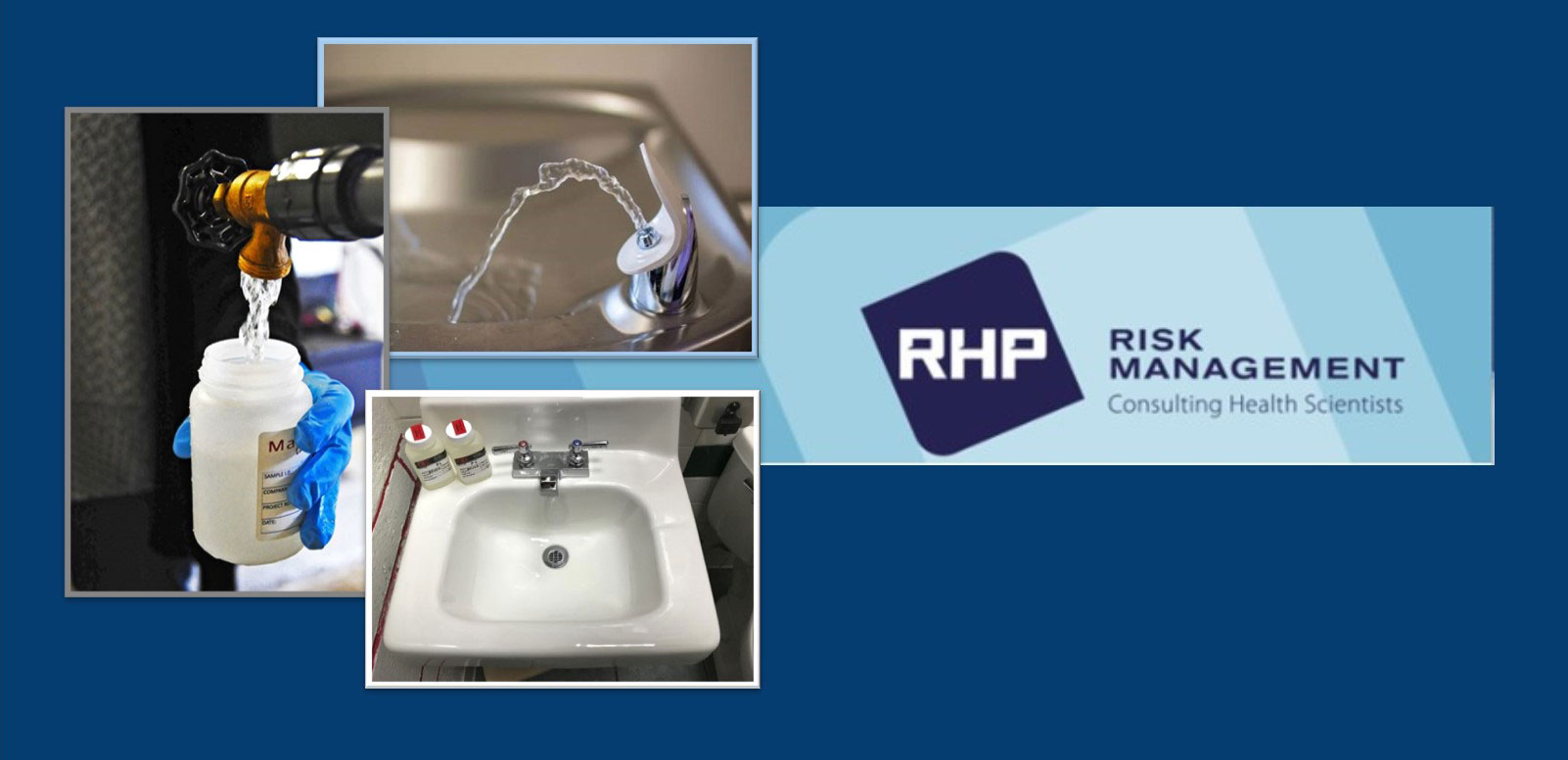
State Farm reported it paid more than $132 million in 2017 as a result of 3,618 dog-related injury claims. The average cost paid per claim was $36,573.
"Cybersecurity is critical for national and economic security," said U.S. Secretary of Commerce Wilbur Ross. "The voluntary NIST Cybersecurity Framework should be every company's first line of defense. Adopting version 1.1 is a must do for all CEOs."
By awarding more than $375,000 in scholarships and grants to 117 individuals seeking advancement in the occupational safety and health profession, the foundation topped its previous record of $303,665 awarded in 2017.

It is based on a collapse that occurred about 6 p.m. on March 30, 2017, in Atlanta. About an hour after long-stored construction materials under I-85 were set on fire, a 92-foot-long elevated span of I-85 collapsed.
The April 16-19 conference includes four special sessions on critical public health topics: the Rohingya refugee crisis in Bangladesh, the need for innovative use of big data in public health, the 1918 influenza centenary, and the U.S. opioid overdose epidemic.
There were 199 work zone fatalities in Texas during 2017, but just 4 percent of the victims were road crew workers. The other 96 percent were motorists, pedestrians, and bicyclists, according to TxDOT. There were 813 work zone serious injuries recorded in the state during 2017.

In 2015, the news about the high lead levels in Flint, Michigan’s drinking water caused the nation to focus its attention on lead.
Dan Horvath joined ATA after more than five years as the director of compliance and safety at TransForce Inc.

"Last year's hurricanes Irma and Maria were some of the most powerful hurricanes ever to strike Mexico or the Caribbean," National Hurricane Center Director Ken Graham said April 10. "Even as recovery from these devastating hurricanes continues, we have to prepare for another season that is just weeks away."
Cardiovascular disease, cancer, and chronic diseases are the first recommendation because stress is such a big factor affecting public safety workers' health, it says. Sudden cardiac events are responsible for 7 to 22 percent of on-duty deaths among police officers, 17 percent among wildland firefighters, and 11 percent among EMS workers, it says.
The World Meteorological Organization maintains rotating lists of names that are appropriate for each tropical cyclone basin. In the Atlantic and Eastern North Pacific, male and female names alternate alphabetically, and the lists are used every six years. But if a hurricane is particularly deadly or costly, its name is retired and is replaced by a different name.

Seven people acting as patients with Ebola symptoms, including one pediatric patient, were to present themselves at health facilities in Texas, South Carolina, Oklahoma, or Idaho. Health care workers were to collect collect and ship samples for diagnostic tests to state laboratories and have the patients transported by air or ground ambulance to designated Regional Ebola Treatment Centers.

"We are calling on everyone, including employers, to do the right thing; to protect the people who work for them," IOSH President Craig Foyle said. "IOSH has an array of resources designed to assist employers put measures in place which protect their workforce."
A window installer working for Safestyle UK was attempting to install a first-floor rear bedroom window when the ladder he was on slipped. The ladder was not footed or tied and the worker fell from a height of more than 3 meters. The employee sustained a broken kneecap that required surgery.
"Burning upholstered furniture presents a significant fire issue that demands a solution to protect both citizens and first responders," said Christian Dubay, vice president of NFPA's Engineering division. "Unfortunately, creating a test method to assist in addressing this part of the fire problem has proved quite challenging and ultimately resulted in the council's decision."
Representatives of the Department of Labor's Office of the Ombudsman for the EEOICPA, the Ombudsman to NIOSH for the EEOICPA, and DOE's Former Worker Medical Screening Program will be on hand. After the presentation, staffers will answer questions regarding existing claims, provide claim status updates, and help workers file new claims.
The recalled involves about 6,000 units of the Re-fuel by Digipower Grab and Go Family Pack portable power bank charging station. When the device is being charged, it can overheat, posing fire and burn hazards.